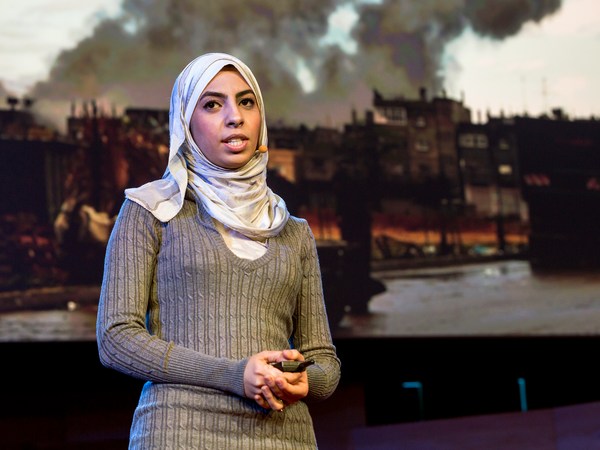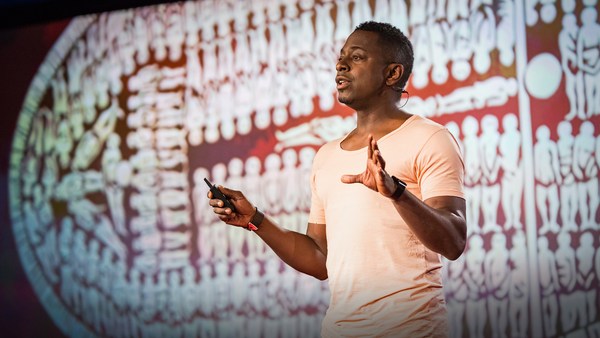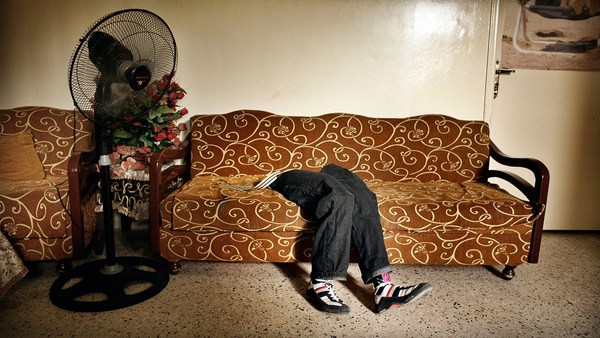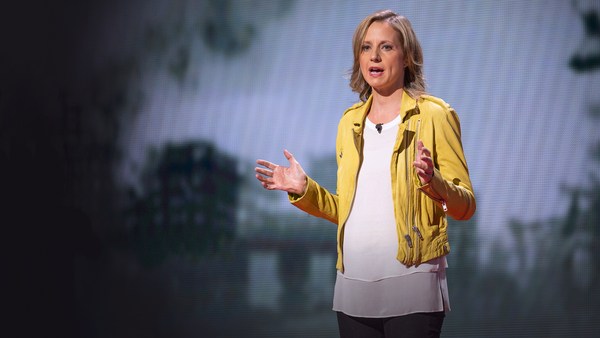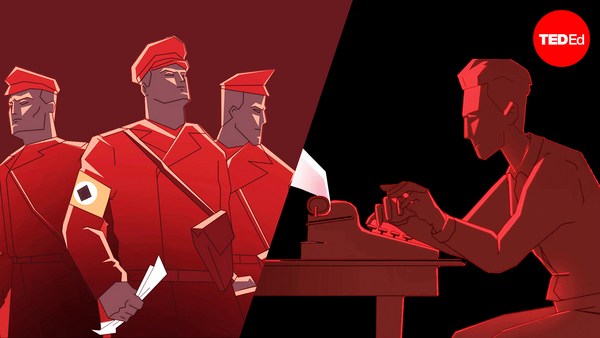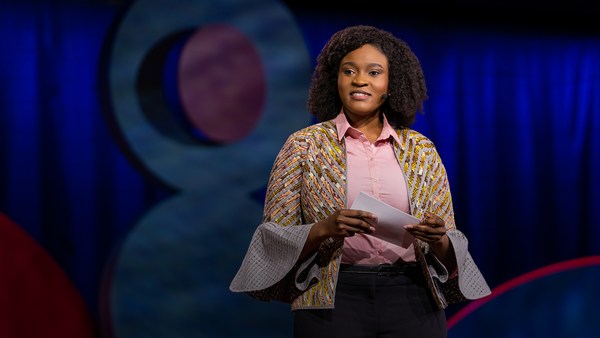What does it mean to be a witness? Why is it important to bear witness to people's suffering, especially when those people are isolated from us? And what happens when we turn away?
Three years ago, I traveled to the Central African Republic to report on its ongoing war. I'd heard warnings of massacres in the country's jungles and deserts, but no one could locate these massacres or tell me who was killed, or when. I drove into this war with little information. I witnessed scenes that were tragic and unreal, and only at the end did I realize that I had witnessed the slow preparation of ethnic cleansing.
The Central African Republic is a country of about five million people the size of Texas in the center of Africa. The country has known chronic violence since French colonial rule ended in 1960. The war I reported on was between the minority Muslim government, called the Seleka, and citizen militias, mostly Christian, called the anti-balaka.
The first sign of the impending cleansing was the breakdown of trust within communities. Three days after I arrived in the country, I watched the small city of Gaga be abandoned. A battle was about to break out. And to save themselves, many people were working as government spies, identifying friends and neighbors to be killed. Cities and towns, any place with humans, had become unsafe. So people moved to the jungle. I felt strangely isolated as pigs and livestock moved into the empty homes. In a war zone, you know that you are near the killing when people have left.
The war moved across the jungle and reached Gaga, and I was surrounded by the thunder of bombs. Government forces drove into the jungle to attack a town sheltering a militia. I rode on motorcycle for hours, crossing jungle streams and tall elephant grass, but I only got to the town after the government had burned it and its people were gone.
To see if I could speak to someone, I shouted out that I was a friend, that I would not hurt them. A woman in a red shirt ran out of the forest. Others cautiously emerged from the trees and asked, "Est-ce les gens savent?" "Do people know?"
The question surprised me. Their children were hungry and sick, but they didn't ask for food or medicine. They asked me, "Do people know what is happening to us?" I felt helpless as I wrote down their question. And I became determined that this moment in their lives should not be forgotten. In bearing witness to their crisis, I felt a small communion with these people. From far away, this war had felt like a footnote in world news. As a witness, the war felt like history unfolding.
The government denied that it was committing any violence, but I continually drove through towns where people described government massacres from a day or a week before.
I felt overwhelmed and tried to calm myself. As I reported on these massacres, I bought and ate little sweets, seeking the familiar comfort of their taste. Central Africans ate these sweets to ease their hunger, leaving a trail of thousands of plastic wrappers as they fled.
On the few radio stations still operating in the country, I mostly heard pop music. As the war mounted, we received less information about the massacres. It became easier to feel a sense of normalcy. I witnessed the effect of this missing information. Two weeks later, I slowly and anxiously drove into an isolated militia headquarters, a town called PK100. Here, Christian fighters told me that all Muslims were foreigners, evil and allied with the government. They likened Muslims to animals. Without neutral observers or media to counter this absurd narrative, it became the single narrative in these camps. The militias began to hunt down Muslims, and emptied the capital, Bangui, of nearly 140,000 Muslims in just a few months. Most of the killing and fleeing of Muslims went unrecorded by witnesses.
I'm telling you about my reporting in the Central African Republic, but I still ask myself why I went there. Why put myself at risk? I do this work because I feel that ignored people in all our communities tell us something important about who we are. When information is missing, people have the power to manipulate reality. Without witnesses, we would believe that those thousands of massacred people are still alive, that those hundreds of burned homes are still standing. A war zone can pass for a mostly peaceful place when no one is watching. And a witness can become precious, and their gaze most necessary, when violence passes silently, unseen and unheard.
Thank you.
(Applause)
